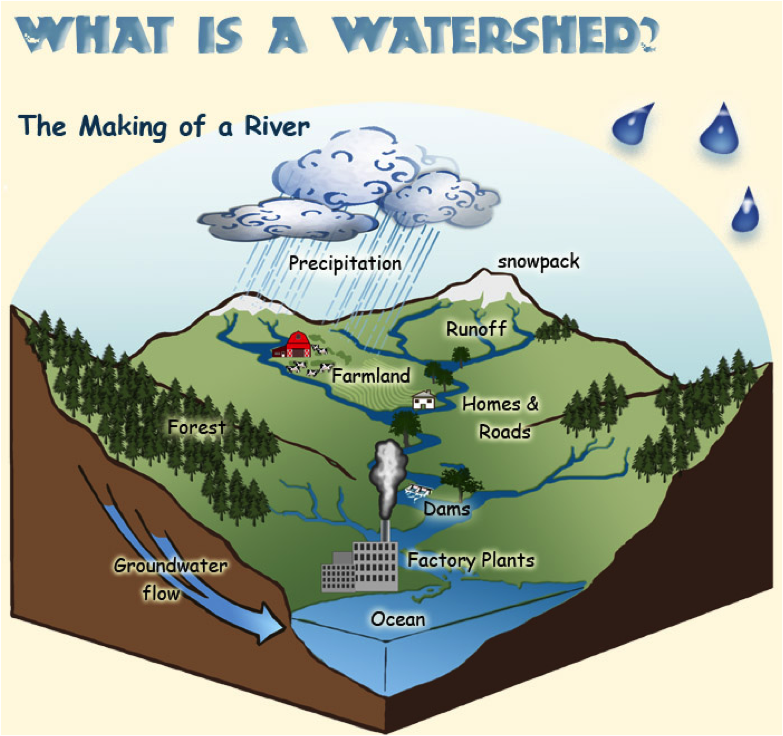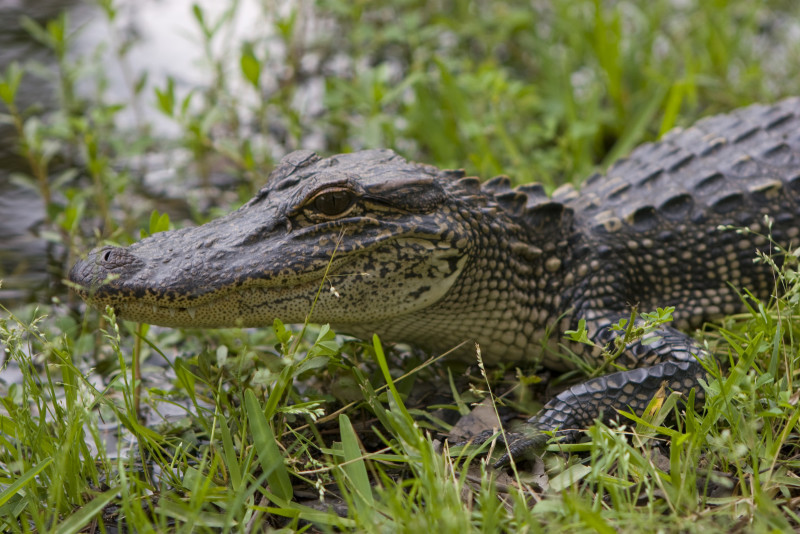Water: The source of life
43,521 Views
14,644 Questions Answered
Let’s Begin…
As water travels across our planet, it shapes our environment, connects all living things, and is critical for survival. But how does our water get from its source to its destination? Follow the journey of water to find out how one city, Bogotá, Colombia, gets water from its source in Chingaza National Park and the surrounding páramo ecosystem.
Additional Resources for you to Explore
 Image credit: http://www.fs.fed.us/rm/boise/research/techtrans/projects/scienceforkids/watersheds.shtml More on ColombiaThe Avellaneda family works hard to protect the land and water that supports them. Read more about the family here and then read more about other work being done to protect Colombia's resources.
Image credit: http://www.fs.fed.us/rm/boise/research/techtrans/projects/scienceforkids/watersheds.shtml More on ColombiaThe Avellaneda family works hard to protect the land and water that supports them. Read more about the family here and then read more about other work being done to protect Colombia's resources.  Image credit: © Erika Nortemann/The Nature ConservancyInterested in learning more about Colombia? Check out the Rainforest Alliance's Species Profiles page to discover what other animals live there. Make sure to select South America in the dropdown filter at the top, then do your own research to see which animals make their home primarily in Colombia. Click here to explore other information about the geography and environment in Colombia.Protecting WaterYou learned in the video that the páramo in Colombia receives different amounts of rain throughout the year. Sometimes it rains a lot, other times not at all. So making sure there is available water all year is a challenge. The plants help by absorbing water from the atmosphere and by retaining water even after the rains stop. And the people help by protecting water at its source and by working together to make the water fund work. Read more about the benefits of water funds here.Think about where you live. Does it rain regularly throughout the year? Or do you sometimes have to worry about drought? What kinds of things does your community do to manage and protect water? Explore your water and how you can take care of water where you live:What You Can Do to Help (The Nature Conservancy) Where Does Your Water Come From? (EPA)Water Resources (USGS) Groundwater Watch (USGS)
Image credit: © Erika Nortemann/The Nature ConservancyInterested in learning more about Colombia? Check out the Rainforest Alliance's Species Profiles page to discover what other animals live there. Make sure to select South America in the dropdown filter at the top, then do your own research to see which animals make their home primarily in Colombia. Click here to explore other information about the geography and environment in Colombia.Protecting WaterYou learned in the video that the páramo in Colombia receives different amounts of rain throughout the year. Sometimes it rains a lot, other times not at all. So making sure there is available water all year is a challenge. The plants help by absorbing water from the atmosphere and by retaining water even after the rains stop. And the people help by protecting water at its source and by working together to make the water fund work. Read more about the benefits of water funds here.Think about where you live. Does it rain regularly throughout the year? Or do you sometimes have to worry about drought? What kinds of things does your community do to manage and protect water? Explore your water and how you can take care of water where you live:What You Can Do to Help (The Nature Conservancy) Where Does Your Water Come From? (EPA)Water Resources (USGS) Groundwater Watch (USGS)
About TED-Ed Best of Web
TED-Ed Best of Web are exceptional, user-created lessons that are carefully selected by volunteer teachers and TED-Ed staff.
Meet The Creators
- Video created by Nature Lab by The Nature Conservancy
- Lesson Plan created by Nature Works Everywhere for The Nature Conservancy



